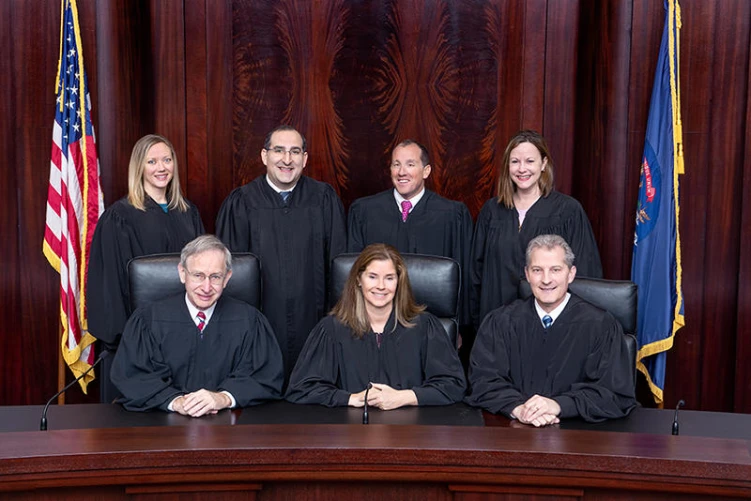Every family goes through disagreements and conflicts at some point, and sometimes, these issues can be challenging to resolve. In these cases, knowing the best course of action can take time and effort. Fortunately, there are many options available that can help with resolving family disputes. Here are some of the most common legal strategies to help you find the best resolution for your concerns.
Communication
Before taking any legal action, it is essential to try and resolve the dispute by communicating with the other party. Sometimes, it is possible to come to an understanding and resolve the issue without taking any further steps.
This can be done through direct conversations, either through personal meetings or through emails, letters, or telephone. If necessary, someone else can be brought in to help facilitate the communication process and ensure that each party gets heard. This could be a family member or a friend.
With the countless ways to communicate these days, it is relatively easy to stay connected and talk about issues. This is an excellent way to start a dialogue and compromise on solutions.
Mediation
Consider mediation, which is an out-of-court solution involving both parties working together to reach a mutually beneficial resolution. Mediation is an excellent option because it allows all parties involved to have their say and get a compromise without going through the court system. It also gives everyone involved a sense of control over the outcome since they can work together and develop their agreement instead of having one imposed upon them by a judge or jury.
Many private mediation services are available, and they typically charge a nominal fee for their services. This is led by a neutral third party called a mediator, who can help both parties understand the issues and work towards a resolution. If you and your family members are looking for a cost-effective way to settle matters, mediation is the right choice.
Arbitration
Another option for resolving family disputes is arbitration, which is similar to mediation in that it involves both parties coming together to negotiate an agreement but with one significant difference—the decision made in arbitration is binding on both parties. This means that once an agreement has been reached through arbitration, both parties must abide by it or face legal consequences from the court. This differs from mediation in that the decision reached through mediation has no legal standing and can easily be overturned if either party decides not to abide by it.
Nonetheless, arbitration offers the advantage of being much faster than going through the court system since decisions are usually made quickly without needing extensive review or deliberation by a third party, such as a judge or jury. With arbitration, both parties can also maintain their privacy since the proceedings are private and not open to the public.
However, you can only use arbitration if both parties are willing to agree to it, and the process can become costly if the dispute is complex or lengthy. But if you’re ready to invest the time and money into arbitration, it can be an effective way to settle disputes between family members.

Litigation
Your last option for resolving family disputes is litigation, which involves taking your case to court and having a judge or jury decide on the outcome based on the evidence presented by both sides of the dispute. Litigation offers more protection than other methods, such as mediation and arbitration, since decisions made through litigation are legally binding and cannot be overturned unless there are extenuating circumstances, such as fraud or misconduct on either side of the dispute.
To start the process, you’ll need to hire a family law attorney specializing in the conflict’s subject matter. This will ensure that your rights are adequately represented and that all applicable laws and regulations are considered. Then, you’ll need to present evidence and build your case in court, which can be a long process. After the judge or jury makes their decision, the ruling is final and binding.
Litigation is often the most expensive option for resolving family disputes, and it carries a certain degree of risk since the case’s outcome is unpredictable. Litigation may be the right choice if you’re looking for a solution that can give you more protection and security.
Family disputes can be challenging and emotional to navigate, but with the right legal strategies, you can find a resolution that works for everyone involved. The above are only a few options available that can help you and your family find the best solution for resolving disputes. With the right approach, you can have peace of mind knowing that you’ve chosen the best course of action for your specific situation.



